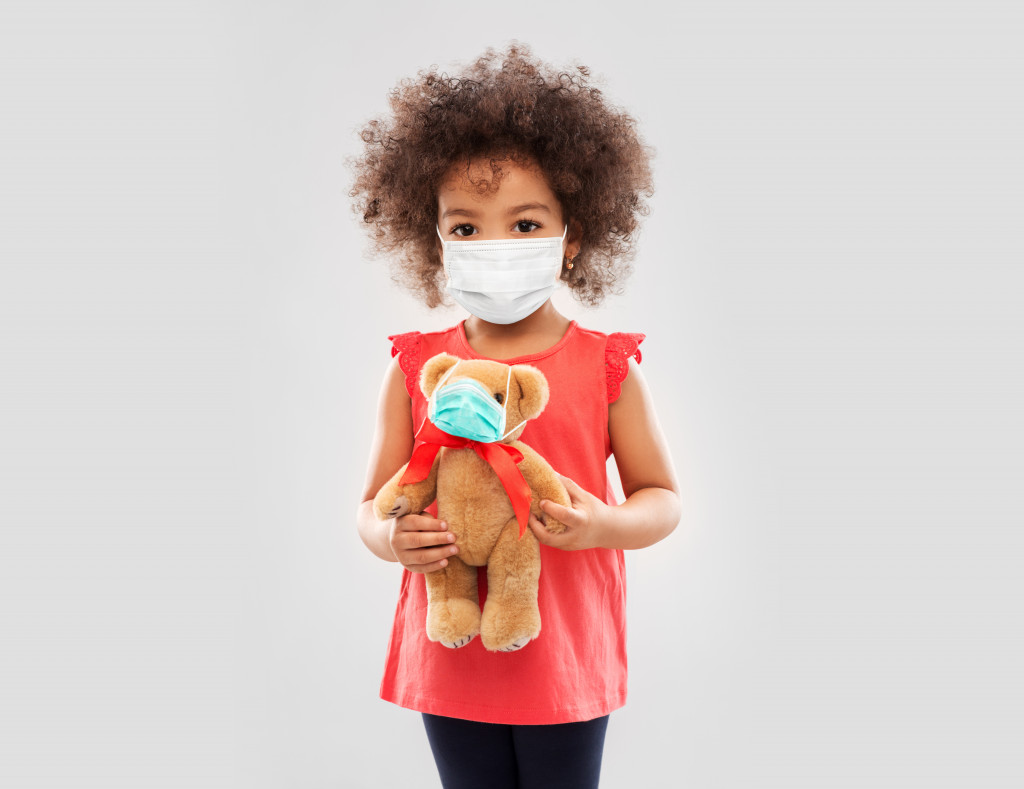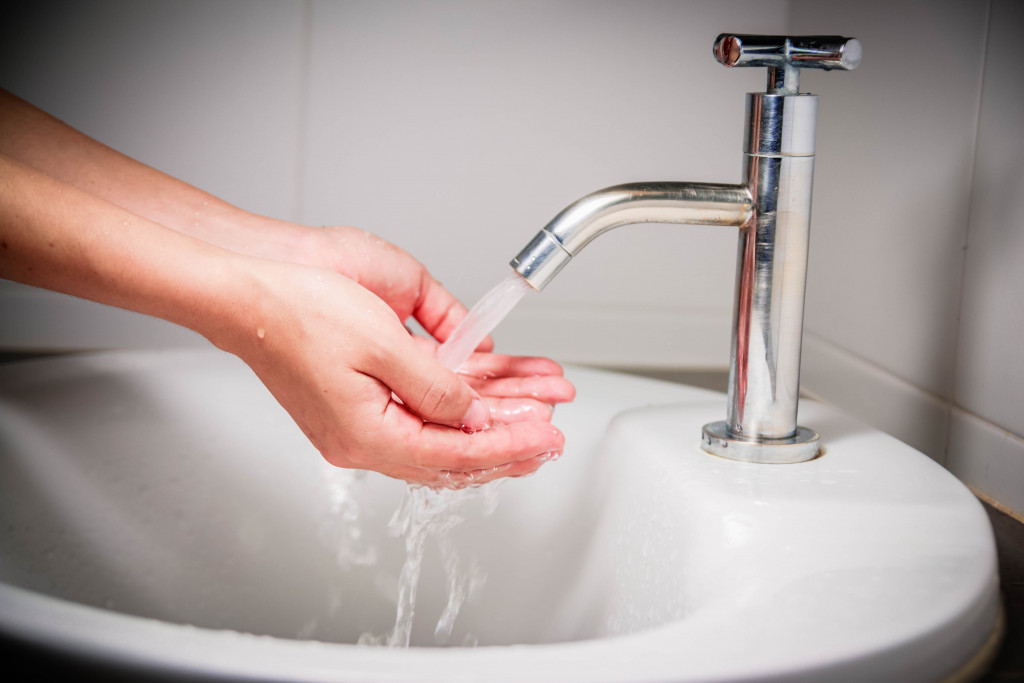The COVID-19 pandemic is starting to be a thing of the past, but it has left many parents wondering if they should still be concerned about their children contracting the virus. Because of the mass vaccinations and the fact that the virus is now well-understood, the answer is generally no. However, there are a few circumstances in which parents should still be cautious. Learn more about the risks and what you can do to protect your children.
Vaccination
If your child has not yet been vaccinated, they are still at risk of contracting COVID-19. The CDC recommends that all children over the age of two get vaccinated as soon as possible. While the vaccine is not 100% effective, it is still the best way to protect your child from the virus. You can check with your child’s doctor or local health department to determine when and where they can get vaccinated.
Depending on your child’s age, they may be eligible for the Pfizer or Moderna vaccines. The Johnson & Johnson vaccine is also available for children ages 18 and up. All of these vaccines are considered safe and effective. If your child has underlying health conditions, they may be at a higher risk for complications from the COVID-19 vaccine. It would be best if you talked to their doctor about whether or not they should get vaccinated.
Asymptomatic Transmission
Even if your child has been vaccinated, they can still spread the virus to others if they are asymptomatic. This means that they may not have any symptoms of COVID-19, but they can still pass the virus on to others. The CDC recommends that all children wear masks around other people, even if vaccinated. This will help to prevent the spread of the virus.
But if they exhibit any COVID-19 symptoms, they should stay home and away from others. If your child has any of the symptoms, you could get them tested at your local hospital. You can also visit a pediatric urgent care clinic if they have trouble breathing or have severe symptoms.
Some parents also wonder if their child could contract the virus from food. The CDC has said there is no evidence that COVID-19 can be spread through food. However, it is still important to wash your hands before preparing food and clean all surfaces that come into contact with food.
Proper Hygiene
Even if your child has been vaccinated, you should continue to practice proper hygiene with them. This means washing their hands often, avoiding close contact with people who are sick, and cleaning surfaces they touch often. You should also continue to wear a mask when you are around other people. Your child can also wear a mask to help protect themselves and others.
Making it a game is an excellent way to help your child practice proper hygiene. You can have them wash their hands for 20 seconds while singing a song or see how long they can go without touching their face. You can also create a handwashing chart to help them keep track of their progress. This can help to make proper hygiene a fun and positive experience for your child.
Public Places
You may be tempted to take your child to a public place, such as a park or playground, but it is still essential to be cautious even when there are fewer reported cases of the disease. If you take your child to a public place, you should ensure that they stay six feet away from other people. It would be best if you also had them wear a mask.
You should also avoid crowded places like indoor playgrounds, theme parks, and malls. These places can be breeding grounds for the virus. If you must go to one of these places, you should ensure that your child wears a mask and stays six feet away from other people.
Your child may be required to wear a mask and practice social distancing at school. It would help if you talked to their teacher about what you can do to help your child stay safe at school. They may need to bring their own school supplies, such as hand sanitizer and disinfectant wipes. Let them know it’s okay to ask for help if they don’t understand something or feel unsafe.
Final Thoughts
The COVID-19 virus is still a threat to children, even if they have been vaccinated. You should continue to practice proper hygiene and social distancing with your child. If they exhibit any symptoms of COVID-19, you should get them tested and keep them away from other people. By taking these precautions, you can help to protect your child from the virus.

